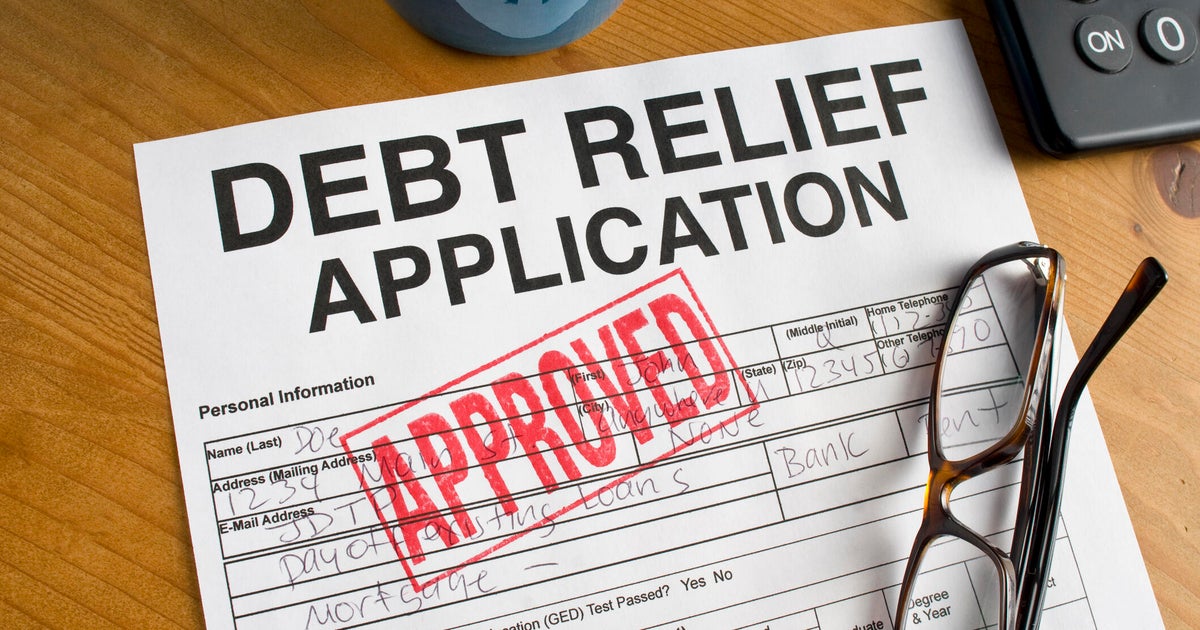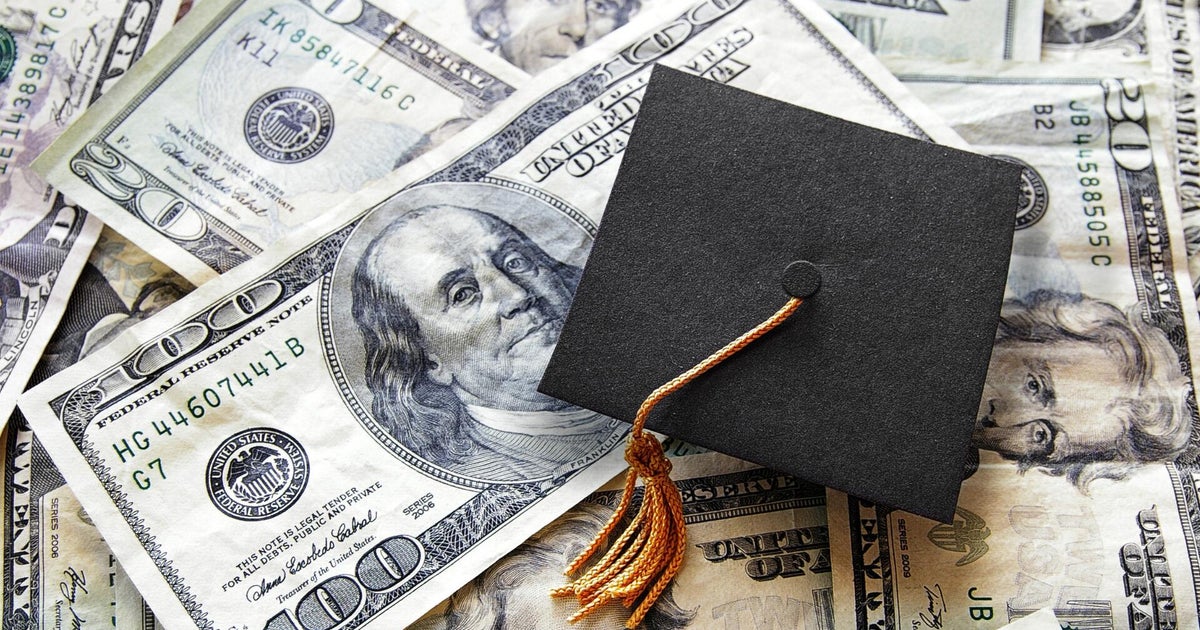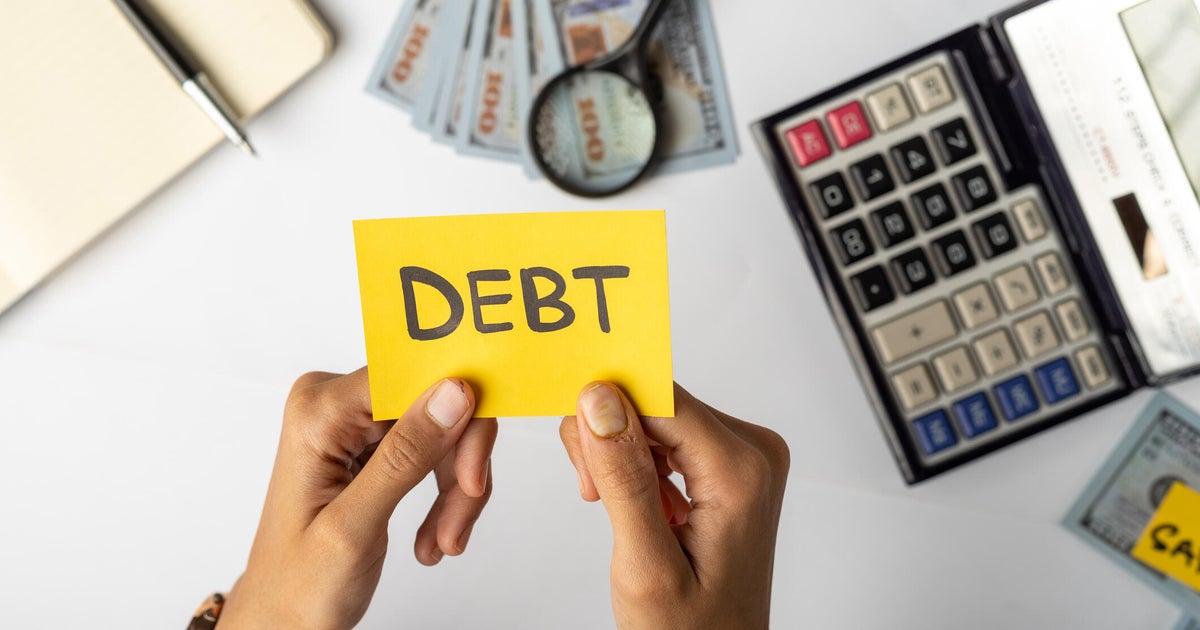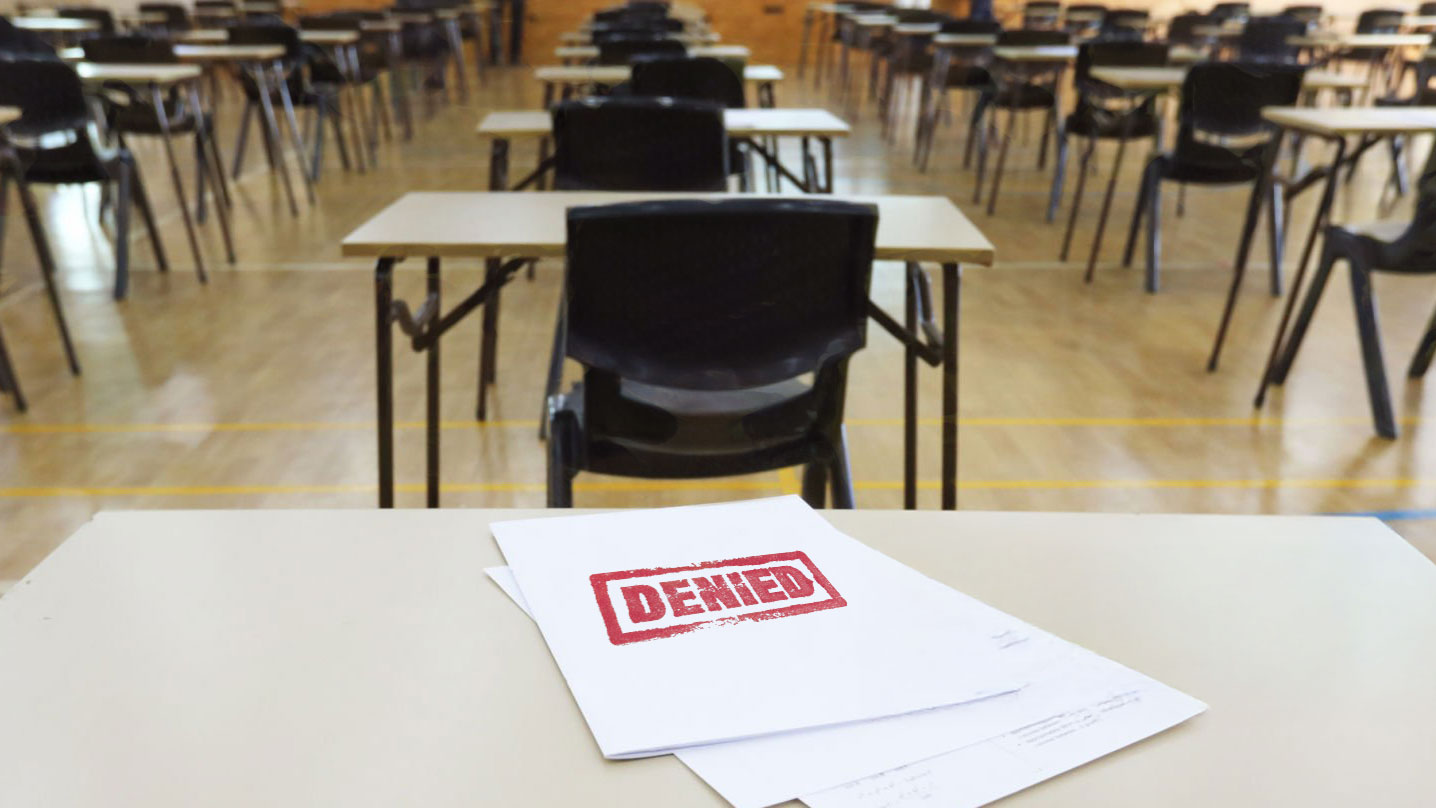Improving a credit score from "fair" to "very good" can save over $56,000
Americans with a merely "fair" credit score pay thousands of dollars in extra interest on credit cards, student loans and other long-term debt when compared to borrowers with more favorable credit ratings, new research indicates.
Someone with a 580 to 669 credit score range, for example, will pay an extra $3,000 in interest on credit cards over multiple years compared to someone with a score of 740 to 799, which is considered "very good" credit score.
The person with just a fair credit score will pay $41,000 extra in interest over the life of a 30-year mortgage as well.
Those estimates – published in a recent LendingTree analysis – underscore how important it is to have a high credit score, a researcher from LendingTree said.
"Having a higher credit score is ideal," said Kali McFadden, who produced the study, "and raising a credit score is actually not as daunting as a lot of people think it is."
McFadden looked at loan balances from LendingTree users and credit card balances reported to the Federal Reserve Bank of New York and the credit bureau TransUnion. She compared the interest rates and other fees a borrower would pay if the person's credit score was rated as fair or very good.
The takeaway: People with fair credit pay a combined $56,400 more on their personal loans, auto loans, student loans, a mortgage and credit cards. The $56,400 is based off someone paying off a personal loan over three years, an auto loan over five years, student loans over a decade and credit card payments over 12 years.
Debt can be a necessary evil because car loans help people obtain a car to go to work and student loans give Americans access to college degrees, McFadden said. Still, increasing your credit score and then refinancing the debt can help a borrower pay less in interest, she said.
McFadden noted a different LendingTree study that finds that there are two basic ways people increased their credit score by 100 points in a year.
"Basically they paid bills on time - that's the big one," McFadden said. "The other is lowering those credit card balances."
Credit cards are the biggest anchor weighing down Americans' credit scores, McFadden noted.
But be careful closing a paid-off credit card account, which can be seen as a bad move by credit-rating agencies, cautioned CBS News business analyst Jill Schlesinger.
"Weirdly, in some instances, if you close a credit card account, it can sometimes drive down your score," Schlesinger said last year on CBS This Morning "So if you want to get rid of that [paid off] credit card that's outstanding, just put it in the back of your drawer."
Schlesinger agreed that the best way to improve a credit score is a history of on-time payments: "That score is basically saying to the world, 'You are credit-worthy, or not so credit-worthy,'" Schlesinger said.
The largest credit reporting bureaus have in recent years changed regulations and added new services that aim to raise Americans' credit score. In 2018, most Americans saw their credit score jump an average 11 points because of tweaks in which types of debt credit bureaus Equifax, Experian and TransUnion could use to calculate someone's credit score. Things like unpaid traffic tickets and recent medical bills were taken off the list.
Last year, Experian and credit score company FICO piloted Experian Boost and UltraFICO, which adds a person's bank account information, payment history on their cell phone, and utility bills to a credit score calculation. The move reportedly will help Americans with little to no credit history.





